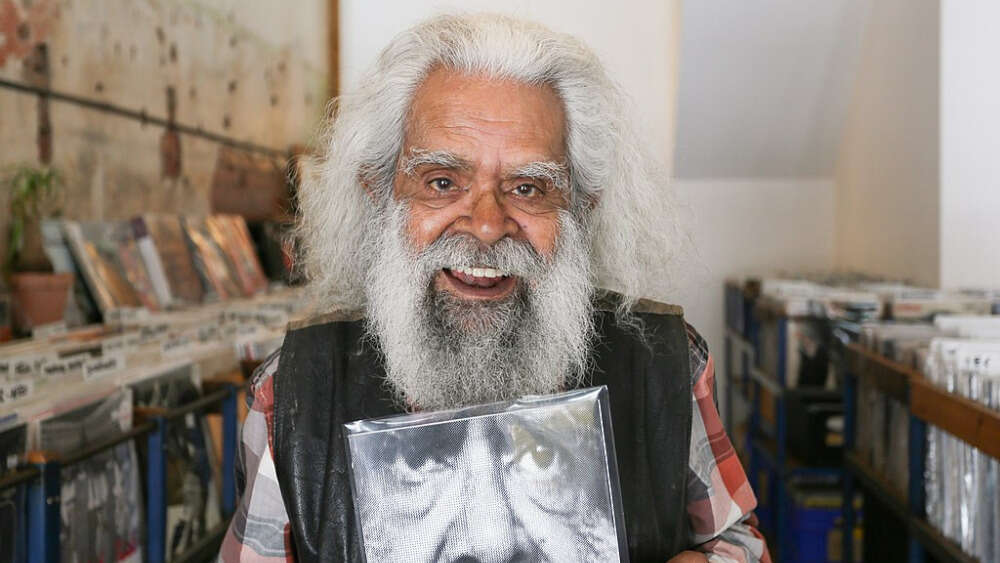'You put a church on this death camp, it becomes a mission' Aboriginal elder tells justice commission
Historic truth-telling begins in Victoria
Aboriginal activist and actor Uncle Jack Charles yesterday made history as the first person to share his story in the public hearings of the Yoo-rrook Justice Commission. The Commission is the first formal, truth-telling process into past and ongoing injustices experienced by first peoples in Victoria.
78-year-old Charles was born to a Wiradjuri father and a Bunurong mother. He told the Commission that he was taken from his Bunurong mother at Daish’s Paddock, an Aboriginal camp near Shepparton. Charles was just four months of age at the time.
He was then moved to a city mission in Brunswick and then to the Salvation Army-ran Box Hill Boys’ Home, where he stayed for 12 years. At Box Hill Boys’ Home, Charles was abused – sexually and in other ways, by both staff and other boys.
Charles said he was the only Aboriginal child at the home, was both taunted over the colour of his skin and bashed because “Captain Cook was killed by blackfellas”.
While giving his testimony, Charles sang part of a song he used to sing at the Salvation Army establishment. The song referenced everybody living in “gladness” because of the white man’s arrival in Australia.
Despite experiencing racism, Charles said he wasn’t even told he was Aboriginal and had to discover it for himself.
In fact, at fourteen, he was fostered by a woman who told him that he was an orphan. At 17 years of age, Charles learned that was a lie when family members at a local pub told him his mother was alive and living in Swan Hill.
He returned home to tell his foster mother the good news and was disappointed when she replied, “Oh, those people will tell you anything, you can’t believe them”.
“I raised my arm and I said ‘Yeah, well I believe them’ and I could see the fright in her eyes,” Charles told the Commission. He left the room to change for bed but soon after, he was called to the front door, where a van was waiting to take him to a home for juvenile offenders.
“I do remember crying myself to sleep,” Charles said.
Charles went on to have an additional 21 incarcerations for crimes, including burglary and drugs offences. He became addicted to heroin. Now an openly gay man, Charles kept his sexuality a secret for many years.
At 18 years of age, Charles finally reconnected with his mother. He did not have the chance to meet his father before his death.
However, last year, he did learn the identity of his father, Hilton Hamilton Walsh, through an episode of the SBS TV program Who Do You Think You Are? And, through geological tracing, Charles has learned that his family tree leads to Tasmania, where his five-times great-grandfather Mannalargenna was a leader of the Pairrebeenne/Trawlwoolway clan.
Charles said that Mannalargenna had been tricked into convincing his remaining people (those who hadn’t already been killed or married white Australians) to move to a “death camp” on Flinders Island. British-born colonial official George Augustus Robinson ran the camp.
“You put a church on this death camp, it becomes a mission,” Charles said.
For more information about the Yoo-rrook Justice Commission, including its purpose, format, commissioners and timeline, go to the Commission’s website and FAQs.
Email This Story
Why not send this to a friend?



